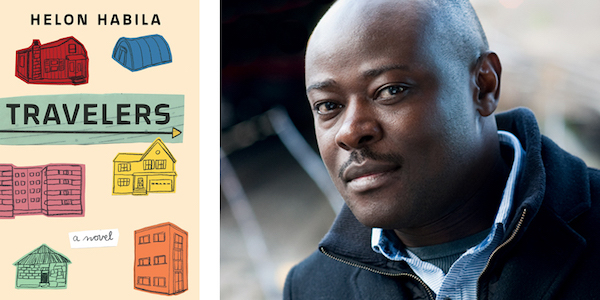
In Kathleen Jamie’s compeliing essay collection, Surfacing(Penguin. $17. www.kathleenjamie.com), the nature-besotted writer travels through both space and time. The opening piece, “Reindeer Cave,” finds her stepping out of day-to-day life and into a cave that she informs us was discovered many decades ago; moving deeper into the past, she explains that bones discovered here have been carbon-dated as 45,000 years old: “sixteen million days and nights had passed in the upper world.” That upper world—our modern world of texting and email and all manner of attention deficit—is recast as a mere few frames of an epic slow motion story in Jamie’s pieces here, which suggest how reconnecting with the natural and spiritual worlds can help us reenvision our understanding—and appreciation—of time. She takes us to places with very different paces: the Alaskan village of Quinhagak—“no roads, just green scribbly waterways and meltpools”; the Scottish coast, where Neolithic farm villages remain standing today; a Tibetan Buddhist monastery where a sense of peaceful eternal stasis is contrasted with the day’s news of student protests in Beijing. Poetic and meditative, Jamie’s writing serves as encouragement to simultaneously live in the moment and consider the long view.

White Americans traveling abroad often make the mistake of referring to any black person they see as “African American”. There are citizens of virtually every country in the world who are descendants of Africans, many of whom have never been to the United States. Novelist Helon Habila—who divides his time between Nigeria and the U.S.—introduces readers to a host of characters from the contemporary African diaspora in Travelers (W.W. Norton & Company. $25.95. www.helonhabila.com) an easy-to-read but profoundly resonant mosaic of stories about the meanings of home, alienation, and belonging. The narrator is twice removed from his native country: He’s Nigerian graduate student who’s been living in the U.S. for several years who moves to Berlin when his American wife wins a prestigious academic fellowship. In Germany, he becomes enmeshed with a community of African immigrants and refugees, many of whose lives have been dramatically different from his own privileged experience. There is Mark, a transgender Malawian, whose visa troubles expose our protagonist to the Kafkaesque bureaucratic side of immigration; Portia, the daughter of a world-renowned Zambian writer; and Manu, a doctor in his native, Libya now working as a nightclub bouncer and anxiously anticipating a reunion with his wife and daughter. These and other characters experience a fascinating—sometimes harrowing—blend of liberation and dislocation from their homelands. While his book is set in Europe, Habila connects readers to nuanced psychological dimensions of immigration frequently missing from the constant news coverage of America’s “border crisis.” Presented in short chapters that move at a rapid clip, Habila’s insights are well worth exploring.
